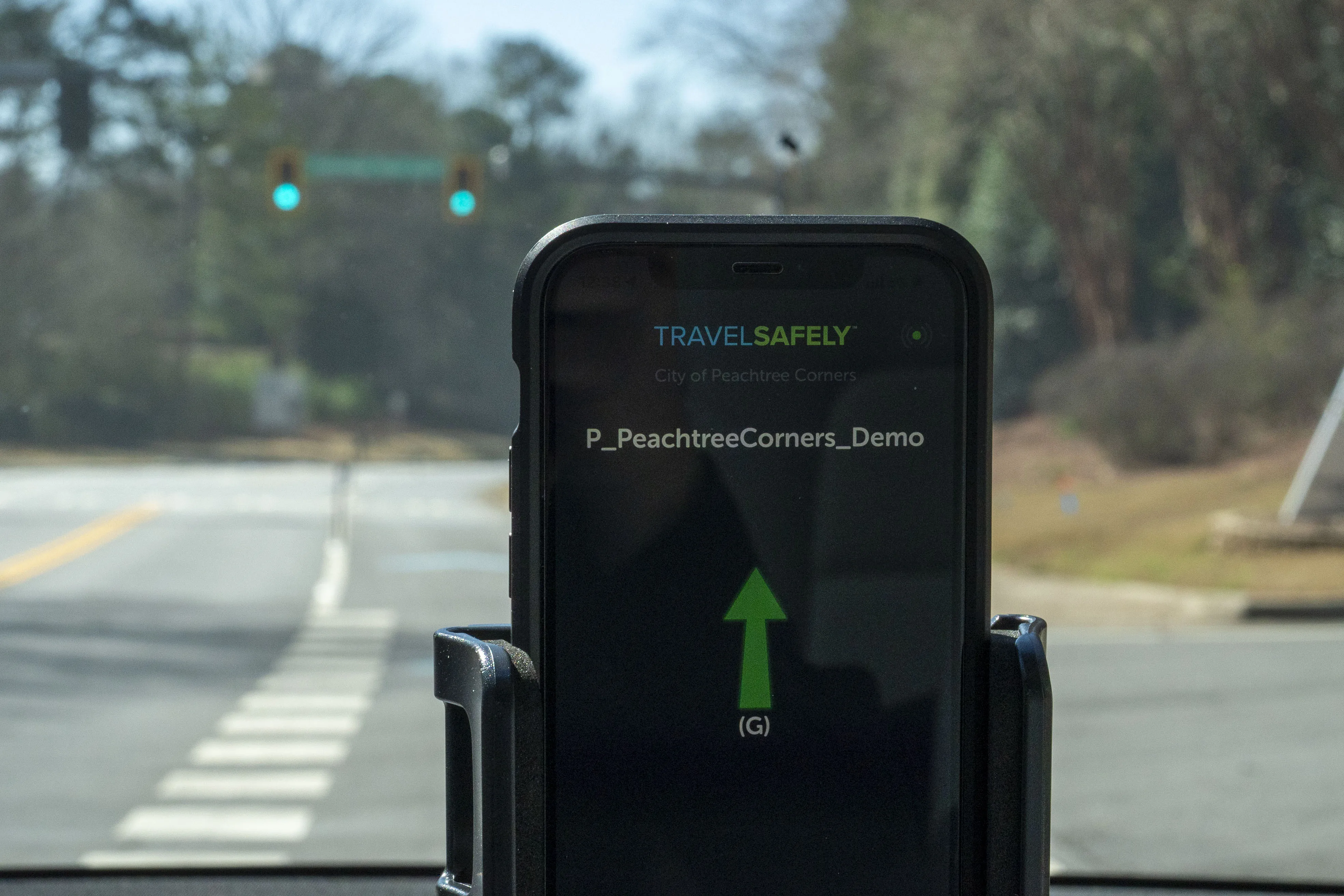The trial aims to allow 500 participating vehicles to communicate with roadside cooperative ITS (C-ITS) devices – and Cohda is to deploy on-board units (OBUs).
Last week,
Cohda’s OBUs are expected to exchange data at high speeds over extended distances and improve driver reaction times to potential hazards and safety issues. The in-vehicle system will communicate with the roadside units to share safety-related warnings with drivers.
While the project aims to reduce road and pedestrian deaths in the Australian state, Cohda CEO Dr. Paul Gray says it will produce data that will be of interest all over the world.
Various Vehicle to Vehicle (V2V) and Vehicle to Infrastructure (V2I) safety applications will be tested, including driver alerts for emergency braking, in-vehicle speed and for pedestrians or bicycles crossing at an upcoming intersection.
Cohda Wireless supplies OBUs for Australian connected vehicle pilot
Cohda Wireless has become the latest technology firm to get involved in the Ipswich Connected Vehicle Pilot in Queensland, Australia.
The trial aims to allow 500 participating vehicles to communicate with roadside cooperative ITS (C-ITS) devices – and Cohda is to deploy on-board units (OBUs).
Last week, Kapsch confirmed it is to deliver 30 roadside C-ITS devices for the trial, which is led by the Queensland Department of Transport and Main Roads.
Cohda’s OBUs are expected to exchange data at high s
December 17, 2018
Read time: 2 mins










